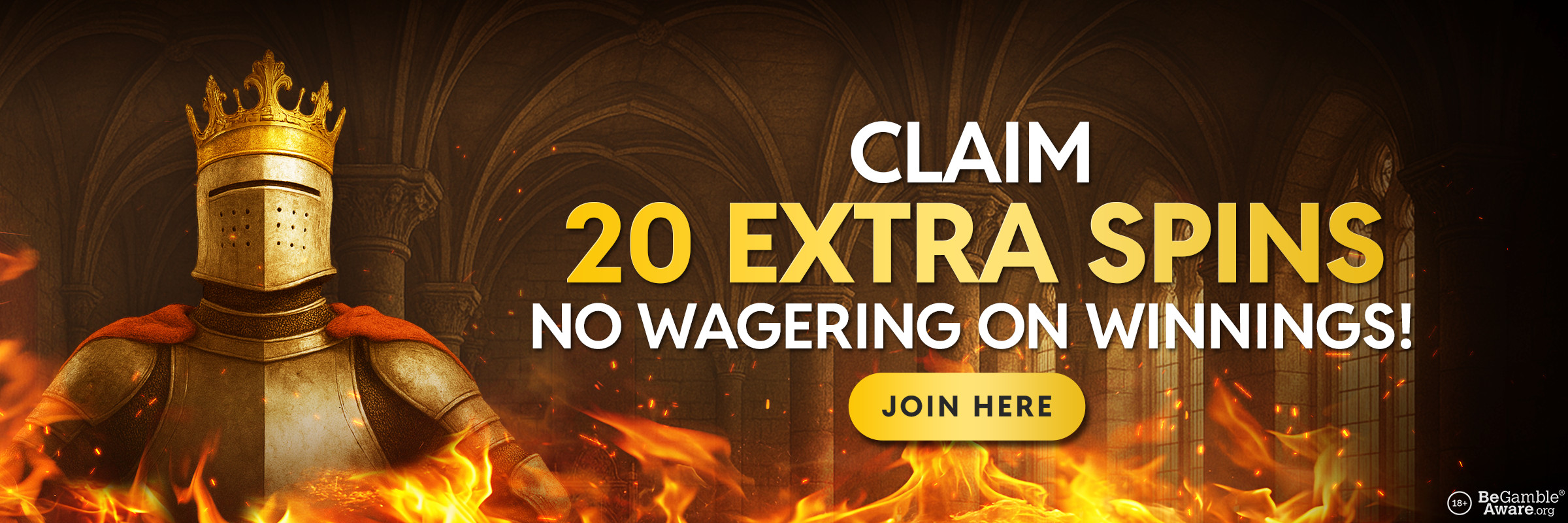
Splitting 8s in Blackjack – When to Do It and When Not To
Splitting a pair of 8s is one of the most commonly discussed decisions in blackjack. Some players treat it as a clear-cut move, while others may feel unsure about the best approach.
This guide outlines what splitting means, why some players choose to split 8s, and situations where others may choose not to. It also explains how the dealer’s upcard can affect your thinking.
Read on to learn more.
What Does Splitting Mean in Blackjack?
In blackjack, splitting is an option when your first two cards are of equal value—such as two 8s.
If a player chooses to split, each 8 becomes the starting card of a new hand. The player must place an additional stake equal to their original bet to play the second hand. The dealer then deals a new card to each hand, and the player plays them separately.
Splitting turns one hand into two, increasing the player’s total stake for that round. This might offer new opportunities to build stronger hands, depending on how the cards fall.
When Should You Split a Pair of 8s in Blackjack?
A total of 16 (from two 8s) is widely considered a difficult hand to play. Standing typically leaves a player vulnerable to stronger dealer totals, while hitting carries a high chance of going over 21.
Splitting the pair gives a player two hands starting from 8—each with potential to improve. Some players prefer to split in these situations, even against higher dealer upcards, as it can sometimes offer a better chance of ending up with competitive totals.
According to basic blackjack strategy—based on statistical analysis of millions of hands—players should always split a pair of 8s, regardless of the dealer’s upcard. While it may seem counterintuitive to split against strong dealer cards like a 10 or Ace, the alternative (playing a hard 16) is statistically worse in the long run. Splitting gives the player a better chance to recover or limit losses over time.
However, it’s important to remember that if you choose to split, it typically doubles your stake for that hand. If this goes beyond what you are comfortable spending, it may be better to play the hand as it is. No outcome is guaranteed, and every decision carries a degree of risk.
When Should You Avoid Splitting 8s?
While splitting is a common choice, it’s not always preferred by all players or under all circumstances.
Certain house rules may impact your decision. For example, if re-splitting or doubling after a split isn’t allowed, the potential benefit of splitting may be reduced. In some cases, if the option to surrender is available, some players may consider that as an alternative, depending on the dealer’s upcard and the table rules.
It’s also important to stick to your budget. Splitting requires an additional bet of the same size, which may not be suitable if you’re nearing your session limit. Playing one hand instead of two may be the more responsible choice.
If you’re unsure, check the table rules before you begin. Knowing whether re-splitting, doubling after split, or surrender is allowed may help inform your approach to hands like a pair of 8s.
How Does the Dealer’s Upcard Affect Your Decision?
If you choose to play, the dealer’s upcard—the card shown face-up to all players—may influence your decision.
Against a dealer’s low card (2 through 6), the dealer has a higher chance of ending with a weak total or busting. Splitting 8s in this case may give you a stronger position, though results are never guaranteed.
Against a higher dealer upcard (9, 10, or Ace), playing a total of 16 may be particularly challenging. While splitting may still be considered by many players, it’s important to weigh the potential outcomes. Two hands starting from 8 may offer a path to stronger totals, but it also means committing more funds in a high-pressure situation.
In all cases, decisions should be based on your understanding of the game, the table rules, and your personal limits. Splitting can be a useful tool in blackjack strategy, but it’s not a guarantee of success.
Always gamble responsibly—set limits, know when to walk away, and never bet more than you can afford to lose.
Play Blackjack Online at King Casino
If you’re considering playing blackjack online, King Casino offers a variety of tables and game types to match different preferences, including Random Number Generator (RNG) and live dealer versions. Whether you’re familiar with the game or exploring it for the first time, there’s something here for you.
King Casino is licensed by the UK Gambling Commission (UKGC). You can find our licence details on the site, along with tools that let you set deposit limits, take time-outs, and manage how you play.
If you’re interested in playing blackjack at King Casino, feel free to make an account with us, deposit some funds to play with, and explore the range of blackjack games we have available at your own pace.
**The information provided in this blog is intended for educational purposes and should not be construed as betting advice or a guarantee of success. Always gamble responsibly.


